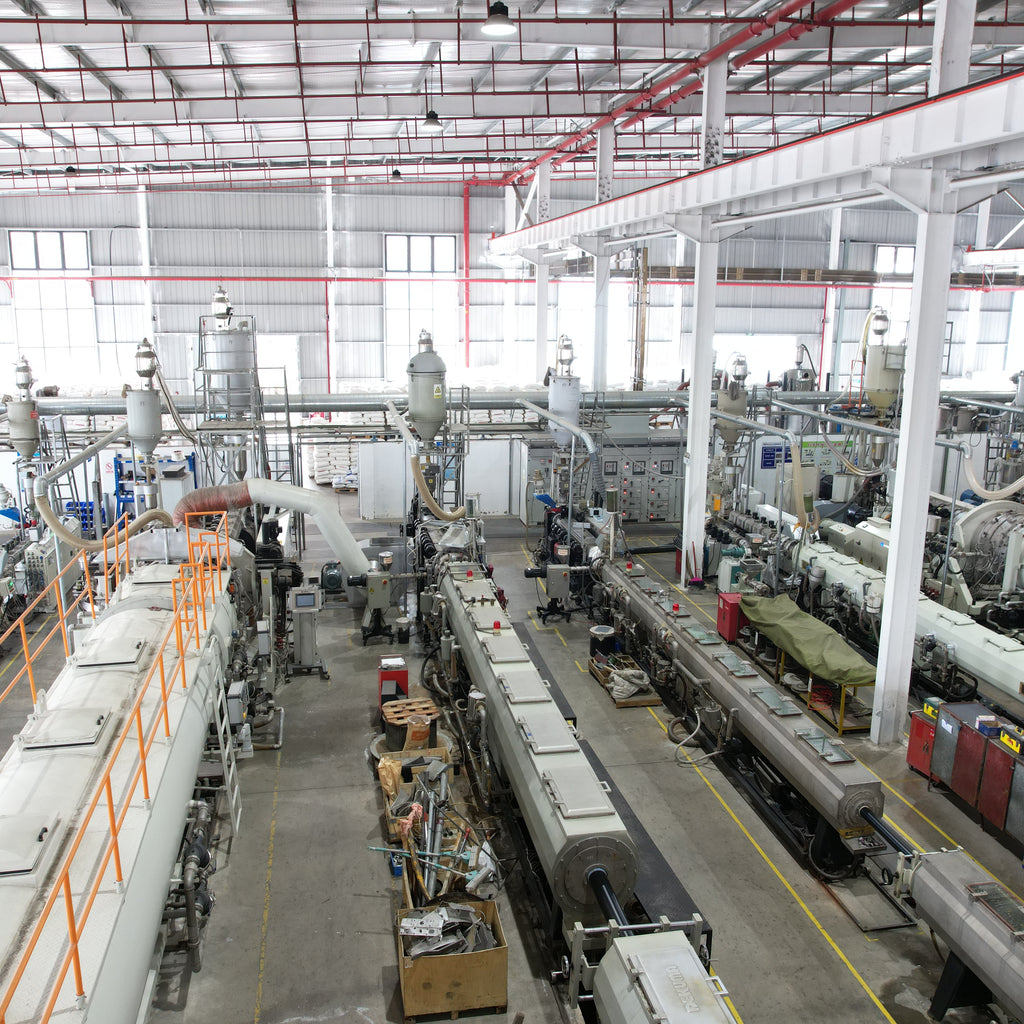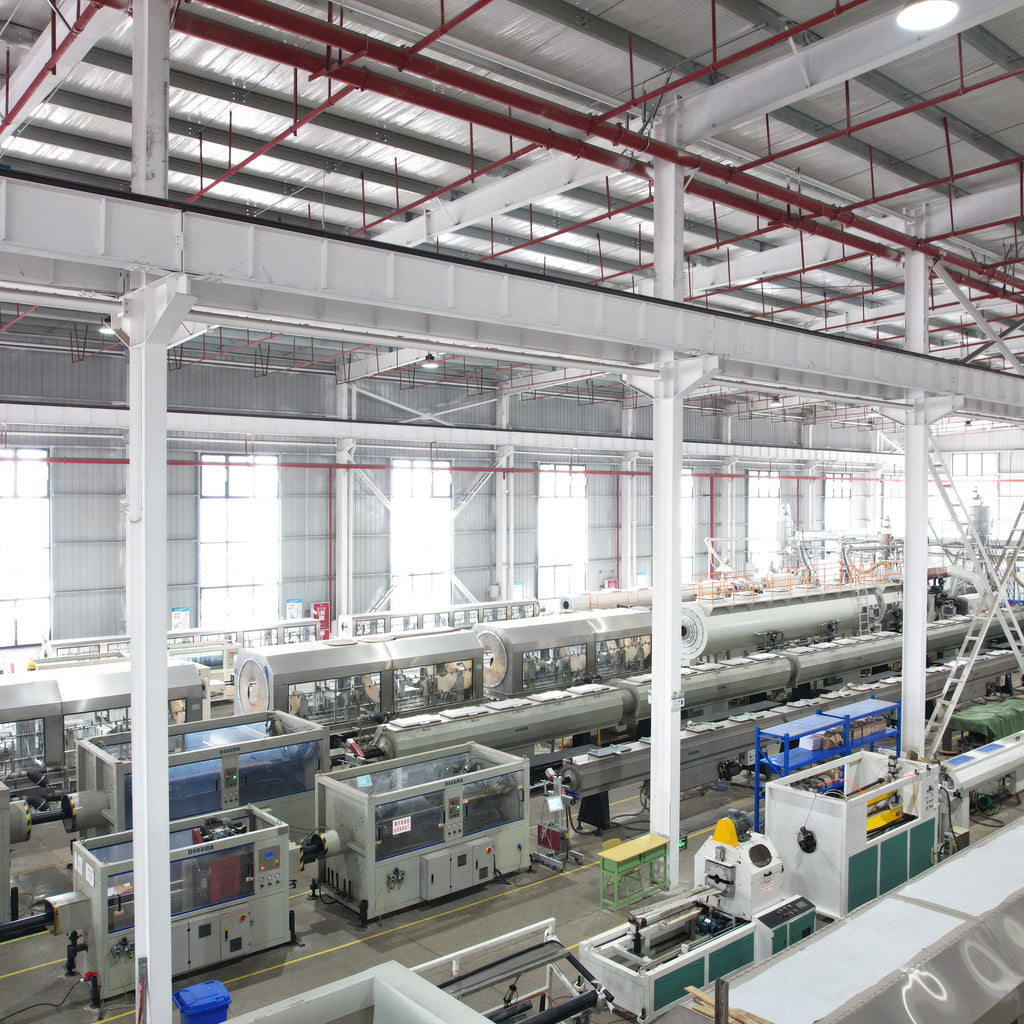In Nigeria, the oil and gas sector is witnessing a resurgence in pipeline infrastructure development. The Nigerian National Petroleum Company Limited (NNPCL) has announced a $1.2 billion investment in the rehabilitation and expansion of the Trans - Saharan Gas Pipeline. This ambitious project aims to transport natural gas from Nigeria to Algeria, with potential extensions to Europe, thereby transforming Nigeria into a major gas exporter in Africa. Despite security challenges posed by pipeline vandalism and illegal refining activities, the government has deployed a specialized task force to safeguard the infrastructure, ensuring the project's viability.
In Mozambique, the Rovuma LNG project has reached a critical milestone with the commencement of onshore pipeline construction. The 42 - inch pipeline, spanning over 400 kilometers, will connect the offshore gas fields to the processing plant. Backed by international energy giants such as ExxonMobil and Eni, this project is set to make Mozambique a significant player in the global LNG market, with exports expected to start by 2027.
Brazil is leading the charge in South America with its ambitious pipeline modernization program. Petrobras has launched a $3 billion initiative to upgrade its aging oil and gas pipelines across the country. The program includes the installation of advanced monitoring systems, corrosion - resistant materials, and the adoption of digital twin technology to enhance operational efficiency and safety. This modernization drive is crucial for Brazil to maintain its position as a major energy producer and exporter in the region.
Meanwhile, Argentina and Chile are exploring the possibility of a cross - border hydrogen pipeline. The proposed project aims to transport green hydrogen produced from renewable energy sources in Argentina to Chile's industrial hubs. This initiative not only aligns with the global trend towards clean energy but also has the potential to strengthen energy cooperation between the two countries.
In Australia, APA Group has announced a $800 million investment in the development of a new gas pipeline network in the southern region. The project focuses on integrating renewable gas sources, such as biomethane, into the existing pipeline infrastructure. This move is part of Australia's broader strategy to reduce its carbon footprint and transition towards a more sustainable energy future.
New Zealand, on the other hand, is exploring the use of hydrogen pipelines for its remote regions. The government has allocated $50 million for research and development into hydrogen - based energy solutions, including the feasibility of small - scale hydrogen pipeline networks. These initiatives could revolutionize the energy supply in rural areas, reducing reliance on fossil fuels.
The pipeline industry worldwide is experiencing a wave of technological innovation. One of the most significant developments is the use of 3D printing in pipeline construction. Companies like GE Additive are exploring the use of 3D - printed components for pipelines, which can reduce production time and costs while enhancing the structural integrity of the infrastructure.
Another area of focus is the development of advanced composite materials for pipelines. These materials offer superior resistance to corrosion, high temperatures, and pressure, significantly extending the lifespan of pipelines. For instance, a consortium of European companies has developed a new type of carbon - fiber - reinforced polymer pipeline that can withstand harsh environmental conditions, making it ideal for offshore and arctic applications.
In the realm of digitalization, blockchain technology is being adopted to enhance the transparency and security of pipeline operations. By using blockchain, companies can track the movement of oil and gas along the pipeline in real - time, ensuring the integrity of the supply chain and reducing the risk of fraud.
As the global pipeline industry adapts to changing energy demands, geopolitical landscapes, and environmental imperatives, these new projects and technological advancements will play a crucial role in shaping its future. From unlocking new energy sources in Africa to driving sustainable development in Oceania, the pipeline industry continues to be a vital artery of the global energy system.



